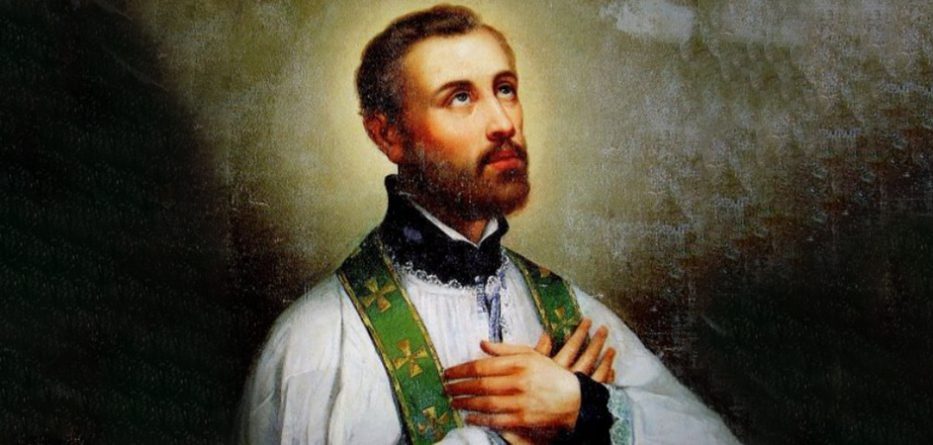December 3 is the Feast of St Francis Xavier
St Francis Xavier is the patron saint of Australia, as well as of many other nations in our region. He never came to Australia – its inhabitants were still happy not to have been ‘discovered’ by Europeans – but had he known of its existence, he would surely have tried to come to preach the Gospel here. He was zealous, restless and tireless in his desire to bring Christ to the Asia that had recently opened to European involvement. As patron saint he represents the European roots of our Church and nation with all the ambiguities that those roots entail.
Francis was an attractive person – a lively student, good athlete, passionate in his commitments and firm in his friendships. He was one of the first student companions of St Ignatius in the founding of the Society of Jesus. Ignatius would have preferred to keep him in Europe, but recognising the importance of the request of the Portuguese king for a representative in his new settlements in India, he sent Francis there to strengthen the recently established Church.
Once in India Francis set out to make Christians of the Indian communities, first in Southern India and Ceylon, and later in islands of modern day Indonesia and the Philippines, then to Japan and to the edge of China where he died, seeking a passage. He moved quickly, baptising and instructing people, and leaving behind catechists to build the local churches and to deepen their faith. Ignatius recognised his zeal, but wanted him to consolidate the mission before expanding it.
Xavier came to Asia as a European Catholic of his day. The urgency of his mission was partly driven by his conviction that people’s salvation depended on their being baptized, and that the practices and attitudes of the church that he knew were those that Christ wanted all Catholics to adopt. As a result, in the eyes both of Christians and of other Asian observers, to become Christian meant becoming European.
This identification was particularly problematic because of the behaviour of so many Europeans throughout Asia, especially their military forces and their traders. They harried and exploited people, behaved badly, and often built resentment. Francis deplored this. Yet the churches he founded relied on Portugal for protection, for transport and for communication with the European centres of the Catholic Church.
As patron of the Australian Church, Francis remains appropriate because he anticipated many of the strands of our Australian history. He left us the same challenge his successors inherited: to commend faith in Jesus to Indigenous Australians when we are the descendants of the colonists who dispossessed and demeaned them. We also share the call as a people predominantly of European descent to build relationships as Catholics and as Australians with our Asian environment.
Above all Francis represents for us the energy and joy of the Gospel. He invites us to follow his example in going out to the margins of our society in order to commend the love of Christ and the joy and compassion of the Gospel.
Fr Andrew Hamilton SJ writes for Jesuit Communications and Jesuit Social Services.








